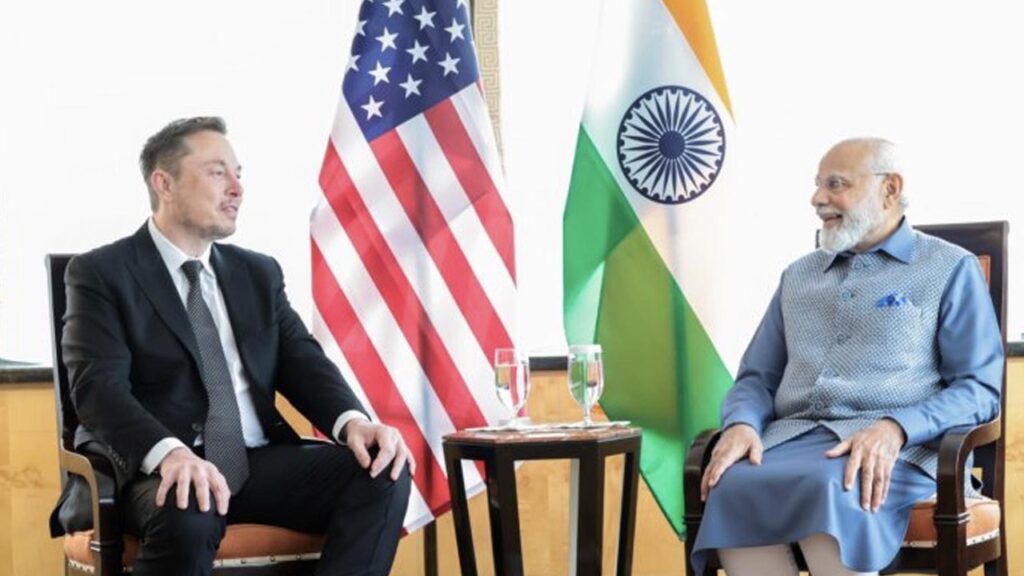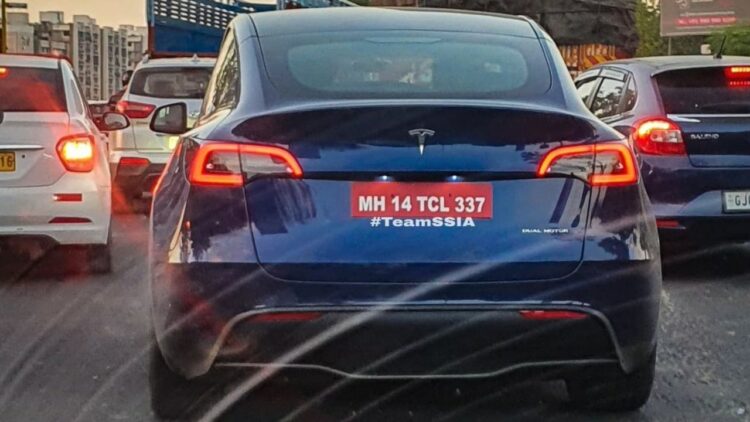As Tesla eyes entry into the Indian market, domestic car manufacturers are raising concerns and lobbying against potential reductions in import duties. This move could impact the competitive landscape and reshape the electric vehicle (EV) market in India. For years, Tesla has explored opportunities to establish a Gigafactory in India, aiming to manufacture electric vehicles domestically. However, the hefty import duties imposed on vehicles priced over $40,000 have been a significant hurdle for Tesla.
You may also like: Elon Musk Reacts to Getting Sued by Sleeping Tesla Driver
High Import Duties in India a Roadblock
Import duties, doubling the price of vehicles, have been a roadblock for Tesla’s direct entry into India. The government’s contemplation of reducing import duties as part of a new policy has stirred a debate among Indian car manufacturers. Domestic car companies, including Tata Motors, are expressing worries about Tesla’s potential entry. The fear is that Tesla, offering EVs in the $24,000 to $36,000 range, could disrupt the market and intensify competition with similarly priced offerings from Indian automakers.
India’s proposed policy changes, aimed at easing Tesla’s market entry, could reduce the EV tax from 100 percent to as low as 15 percent. This move is intended to make Tesla’s vehicles more affordable for Indian consumers. However, the contentious nature of this decision reflects the concerns of local automakers.
You may also like: 150 Tesla Cars Put Up a Light Show to Celebrate Upcoming Ram Mandir Inauguration

You may also like: Tesla Model 3 and Model Y vs Hyundai Ioniq 5 – Comparison
Tesla Targets Price Point of $24,000-36,000
Rajesh Kumar Singh, a key figure in India’s Department for Industry and Trade Promotion, highlighted that Tesla aims to target the price range between $24,000 and $36,000 to capture significant market volumes. This strategy has put additional pressure on domestic players. The debate surrounding Tesla’s potential entry into India continues, with no final decision on import duties. The situation remains dynamic, with both opportunities and challenges as India navigates the complexities of welcoming a global EV giant.
As Tesla’s ambitions to establish a foothold in India progress, the domestic automotive industry finds itself at a crossroads. Balancing the need for global collaboration and competition with the preservation of local interests poses a challenge for Indian authorities. The evolving landscape reflects the intricate dance between regulatory decisions and industry dynamics, shaping the future of EVs in India.
You may also like: Elon Musk Enjoys Cigar as Joe Rogan Tests Tesla Cybertruck’s Toughness by Firing Arrows at it


